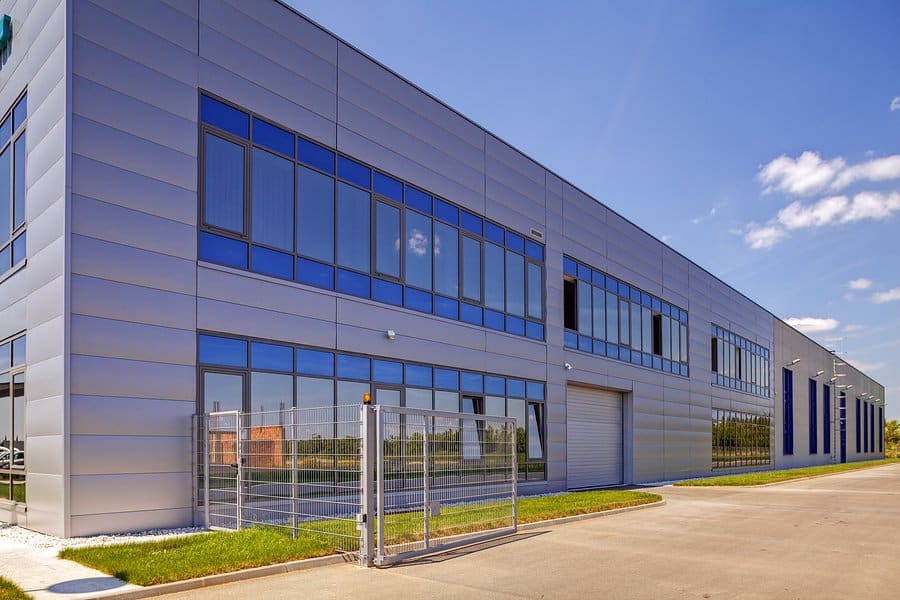In the realm of commercial infrastructure, durability is a paramount consideration, especially when it comes to windows and doors. These components not only serve as aesthetic elements but also play a crucial role in the security, insulation, and overall functionality of a building. As such, selecting the right materials for commercial windows and doors is essential. In this article, we delve into the most durable materials available, ensuring longevity and reliability for commercial establishments.
Introduction To Commercial Windows and Doors
Steel stands as a stalwart in the realm of durability, renowned for its robustness and resilience. In commercial settings, steel windows and doors offer unparalleled strength, capable of withstanding harsh weather conditions and potential security threats. Its inherent strength also allows for sleek, slender profiles, maximizing natural light without compromising security.
Lightweight yet Sturdy
Aluminum strikes a balance between strength and versatility, making it a popular choice for commercial doors and windows. Its lightweight nature facilitates ease of installation, while its corrosion-resistant properties ensure longevity, even in coastal or industrial environments. Additionally, aluminum frames can be customized to suit various architectural styles, offering flexibility in design without sacrificing durability.
Durability with Thermal Efficiency
Fiberglass has emerged as a frontrunner in the quest for durable materials, particularly in energy-efficient construction. Commercial windows and doors crafted from fiberglass boast exceptional strength, resisting warping, rotting, and swelling over time. Moreover, fiberglass exhibits excellent thermal insulation properties, contributing to energy savings and occupant comfort in commercial spaces.
Low Maintenance, High Durability
Vinyl has gained traction in the realm of commercial construction, prized for its affordability and low maintenance requirements. Commercial doors and windows fabricated from vinyl offer commendable durability, impervious to rot, rust, and insect damage. Furthermore, vinyl frames require minimal upkeep, making them an attractive option for busy commercial establishments seeking long-term reliability.
Combining Aesthetics with Durability
Wood-clad windows and doors blend the timeless allure of wood with the durability of alternative materials, presenting a compelling option for commercial settings. With an exterior layer of aluminum, vinyl, or fiberglass, wood-clad components boast enhanced resistance to the elements, mitigating concerns regarding moisture-related deterioration. This hybrid approach allows commercial establishments to enjoy the warmth and elegance of wood without compromising on durability.
Safeguarding Against External Forces
In environments prone to extreme weather events or security threats, impact-resistant glass emerges as a critical component for commercial doors and windows. Constructed with multiple layers of tempered glass bonded with a resilient interlayer, impact-resistant glass offers superior strength, capable of withstanding high winds, flying debris, and forced entry attempts. Its ability to maintain structural integrity even after impact ensures the safety and security of occupants in commercial spaces.
Reinforcing Security
In addition to durable materials, the choice of locking systems significantly impacts the security of commercial doors and windows. Multi-point locking systems, featuring multiple locking points along the frame, enhance security by distributing force evenly and preventing forced entry attempts. Combined with durable materials such as steel or fiberglass, these locking mechanisms fortify commercial establishments against unauthorized access, safeguarding valuable assets and ensuring peace of mind for occupants.
Conclusion
In the realm of commercial construction, prioritizing durability is essential to ensure the longevity and functionality of windows and doors. By selecting materials renowned for their strength, resilience, and longevity, such as steel, aluminum, fiberglass, vinyl, wood-clad, and impact-resistant glass, commercial establishments can fortify their infrastructure against the rigors of time and external forces. Coupled with robust locking systems, these durable materials contribute to the security, energy efficiency, and aesthetic appeal of commercial spaces, fostering environments conducive to productivity, comfort, and safety.

